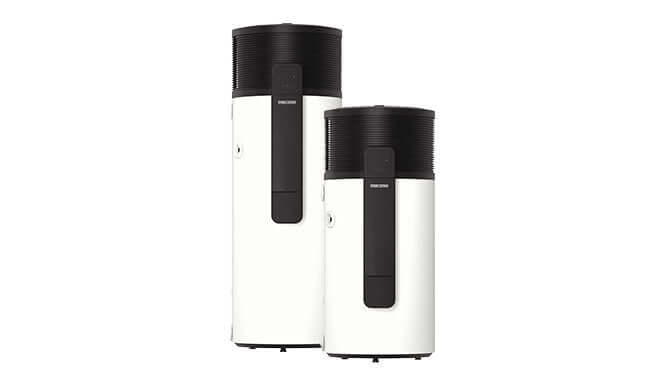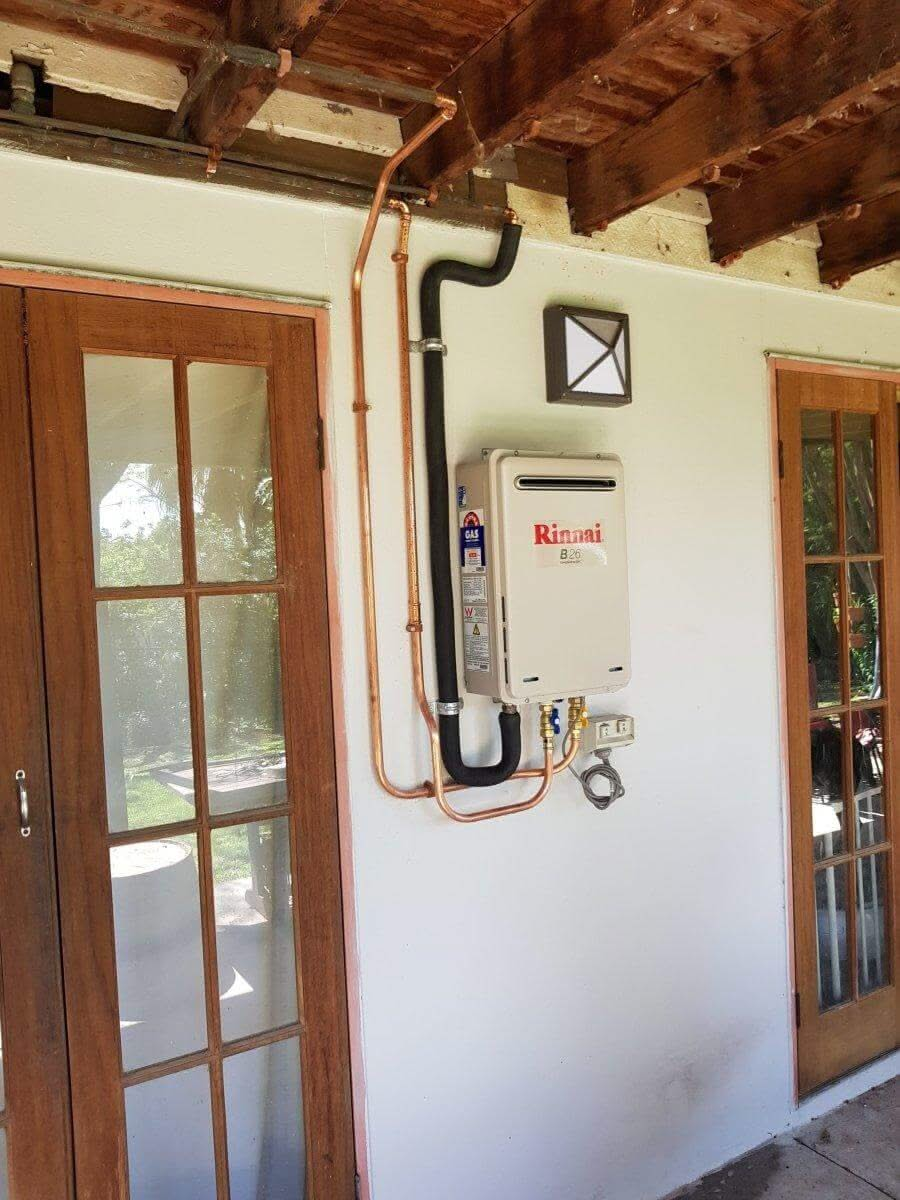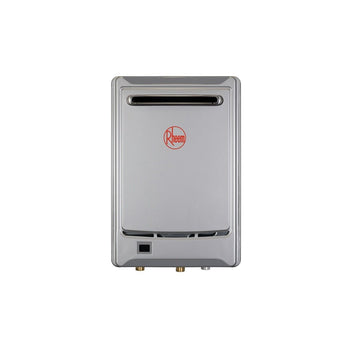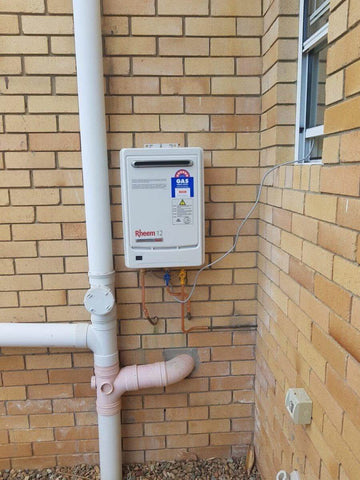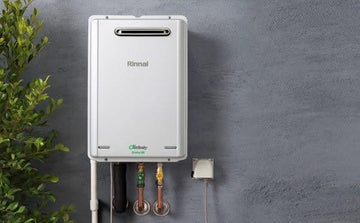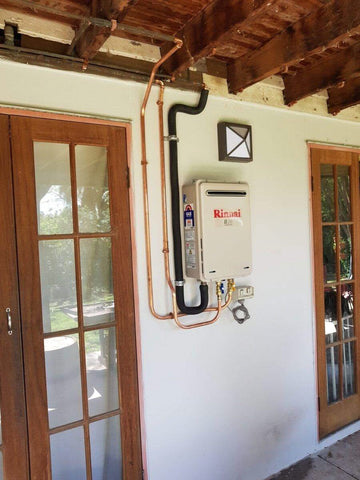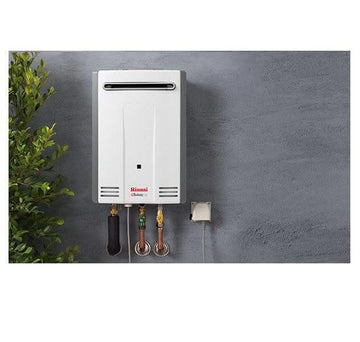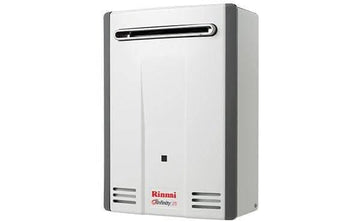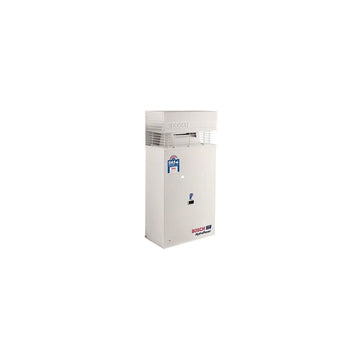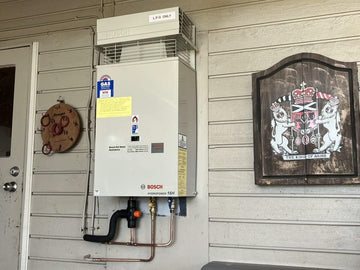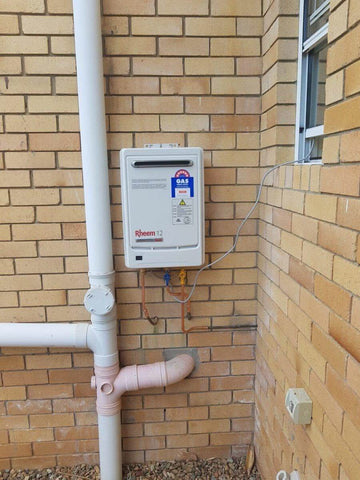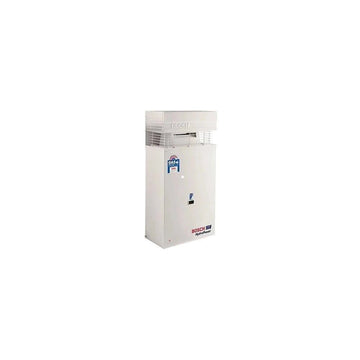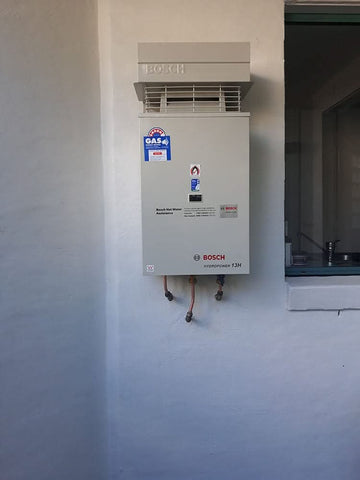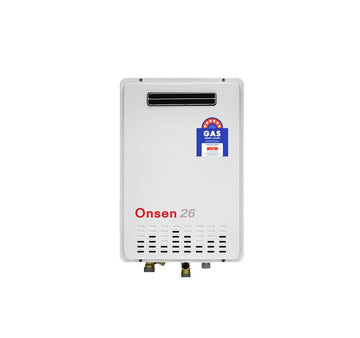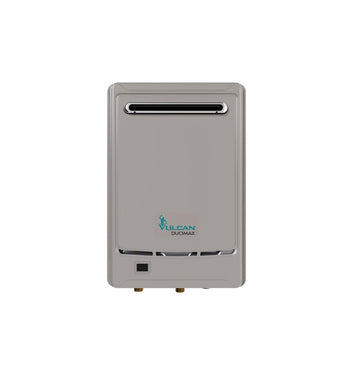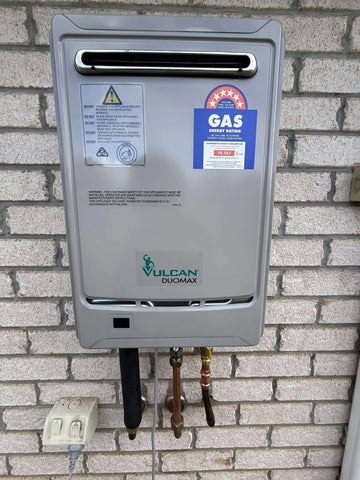Best Gas Hot Water Systems in 2024: Top Picks for Aussie Homes
Looking for a gas hot water system that delivers reliable, energy-efficient performance for your household? Whether you're upgrading or installing for the first time, choosing the right unit can save you money and deliver consistent hot water all year round.
This expert guide from JR Gas & Water—your 2023, 2024, and 2025 Best Plumbers and Best Home Care Store winner—dives into the best gas hot water systems in Australia for 2024 and how to choose the right one for your needs.
Why Choose a Gas Hot Water System?
Gas hot water systems are a top choice across Brisbane and the Gold Coast thanks to their fast heating, lower running costs, and reliable performance—even during blackouts.
Key Benefits:
-
✅ Heats faster than electric
-
✅ Lower long-term energy costs (especially with natural gas)
-
✅ Works during power outages
-
✅ Continuous flow options provide endless hot water
There are two main types:
-
Gas Storage Systems – Preheat and store hot water in a tank
-
Instantaneous (Continuous Flow) – Heat water on demand with no storage tank
Best Gas Hot Water Systems in 2024
Rinnai Infinity 26 – Best Overall
🔥 Type: Instantaneous
🔥 Flow: 26L/min
🔥 Energy Rating: 6+ Star
🔥 Warranty: 12 years (heat exchanger)
💡 Why It Wins:
-
High-efficiency performance for medium to large homes
-
Sleek, compact design
-
Compatible with LPG & natural gas
-
Optional controllers for temperature precision
📍Available from: Rinnai Range
Rheem Metro 26 – Best on a Budget
🔥 Type: Instantaneous
🔥 Flow: 26L/min
🔥 Energy Rating: 6 Star
🔥 Warranty: 10 years
💡 Why It’s Great:
-
Budget-friendly without sacrificing quality
-
Compact and wall-mounted
-
Perfect for small to medium homes
-
Energy-saving ignition
📍Compare more options: Rheem Hot Water Systems
Thermann 26 Gas – Best for Large Households
🔥 Type: Instantaneous
🔥 Flow: 26L/min
🔥 Energy Rating: 6 Star
🔥 Warranty: 10 years
💡 Why It’s Ideal:
-
Handles multiple showers with ease
-
Built for colder climates and bigger families
-
Dual fuel options: LPG or natural gas
📍View all: Thermann Hot Water Systems
Dux Always Hot 26 – Best for Colder Climates
🔥 Type: Instantaneous
🔥 Flow: 26L/min
🔥 Energy Rating: 6+ Star
🔥 Warranty: 12 years
💡 Top Features:
-
Low-emission burner tech
-
Great pressure in cold conditions
-
Wall-mount space saver
-
Australian-owned brand
📍Explore more: Dux Hot Water Systems
Vulcan Freeloader 170L – Best Gas Storage System
🔥 Type: Gas Storage
🔥 Capacity: 170L
🔥 Energy Rating: 4 Star
🔥 Warranty: 7 years
💡 Best For:
-
Homes without a natural gas connection
-
Reliable backup hot water supply
-
Quick recovery rate
-
Lower upfront cost than continuous flow
📍Full range here: Vulcan Hot Water Systems
How to Choose the Right Gas Hot Water System
When comparing systems, consider the following:
✔ Household Size
Larger families benefit from 26L flow or 170L+ storage capacity.
✔ Climate
Colder climates? Go for systems with high-pressure delivery and anti-freeze protection.
✔ Space
No room for a tank? Opt for a wall-mounted instant gas system.
✔ Energy Efficiency
Higher star ratings = lower bills.
✔ Fuel Type
Check if your home uses natural gas or LPG and ensure your chosen system is compatible.
Installation & Running Costs
💰 System Cost (Supply Only)
-
Gas Storage: From $900
-
Instant Gas: From $1,000
🛠 Installation Cost
-
Replacement: From $500
-
New Install: From $700–$1,500
🔧 Book online: Hot Water Installation
⚡ Running Costs
-
Storage: $250–$600/year
-
Instantaneous: $150–$500/year
🕑 Lifespan
10–15 years with proper servicing.
Maintenance Tips for Long-Term Efficiency
✅ Annual service – Prevent breakdowns and gas leaks
✅ Flush storage tanks – Clear sediment buildup
✅ Test for gas leaks – Use soapy water or detectors
✅ Monitor temp stability – Inconsistent temps = time for a service
✅ Replace anode rods – Extend tank life and prevent rust
Need a service? Book yours here:
👉 Hot Water Repairs & Servicing
Final Verdict: Which System Should You Choose?
| Need | Top Pick |
|---|---|
| Best Overall | Rinnai Infinity 26 |
| Budget Option | Rheem Metro 26 |
| Large Family | Thermann 26 |
| Cold Climates | Dux Always Hot 26 |
| Storage Tank | Vulcan Freeloader 170L |
Why Choose JR Gas & Water?
-
🏆 2023–2025 Best Plumbers
-
🛠 Same-day service across Brisbane & Gold Coast
-
🔒 Expert licensed installers
-
💧 Huge range of gas hot water systems
FAQs
What’s the difference between storage and instantaneous gas systems?
Storage units preheat water in a tank; continuous flow units heat on demand for endless hot water.
Can gas hot water systems run without power?
Yes—especially storage systems and some instantaneous models with battery ignition.
How do I know what size I need?
Most 26L flow systems suit 3–5 person households. For larger homes, ask us directly.
Do I need natural gas?
No—many models also support LPG. View LPG-compatible models.
Do you offer installation with supply?
Yes! We offer supply + install packages on all gas hot water systems with transparent pricing and expert service.
📍Explore all options or book your installation today at JR Gas & Water.
Want help choosing the right unit? Just reach out—our local experts are here to help.


